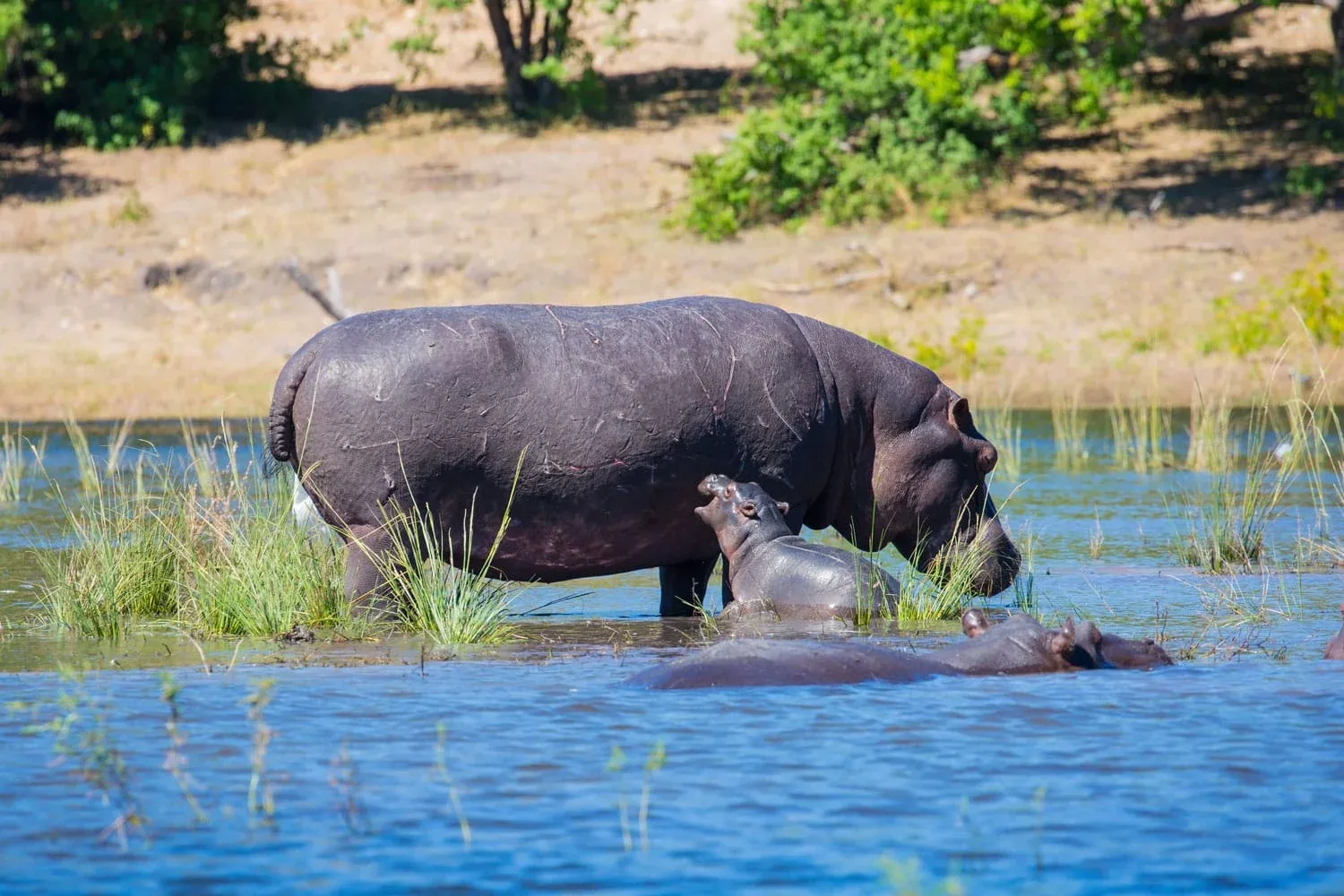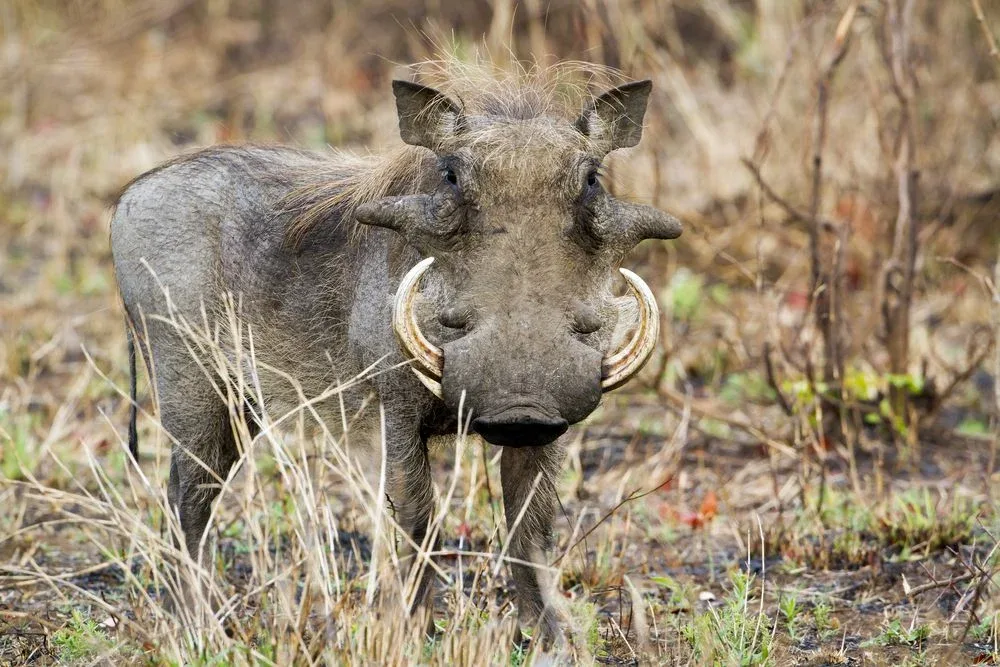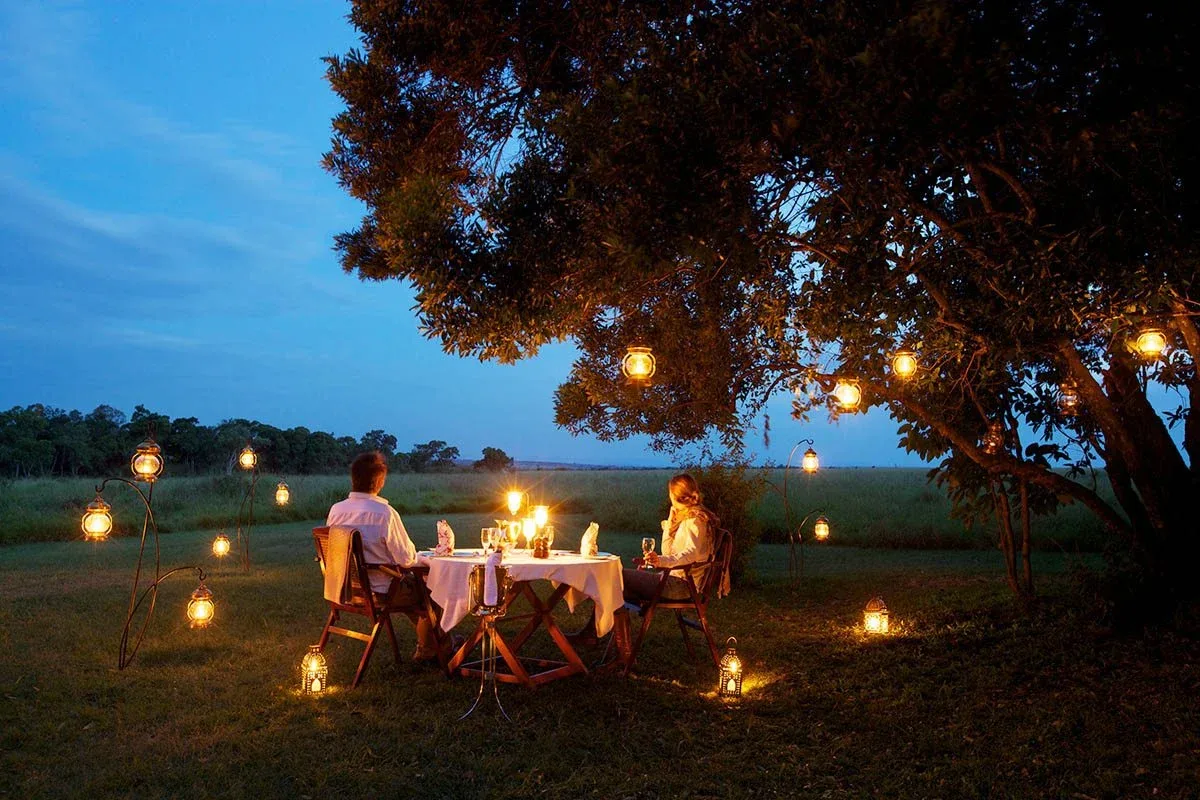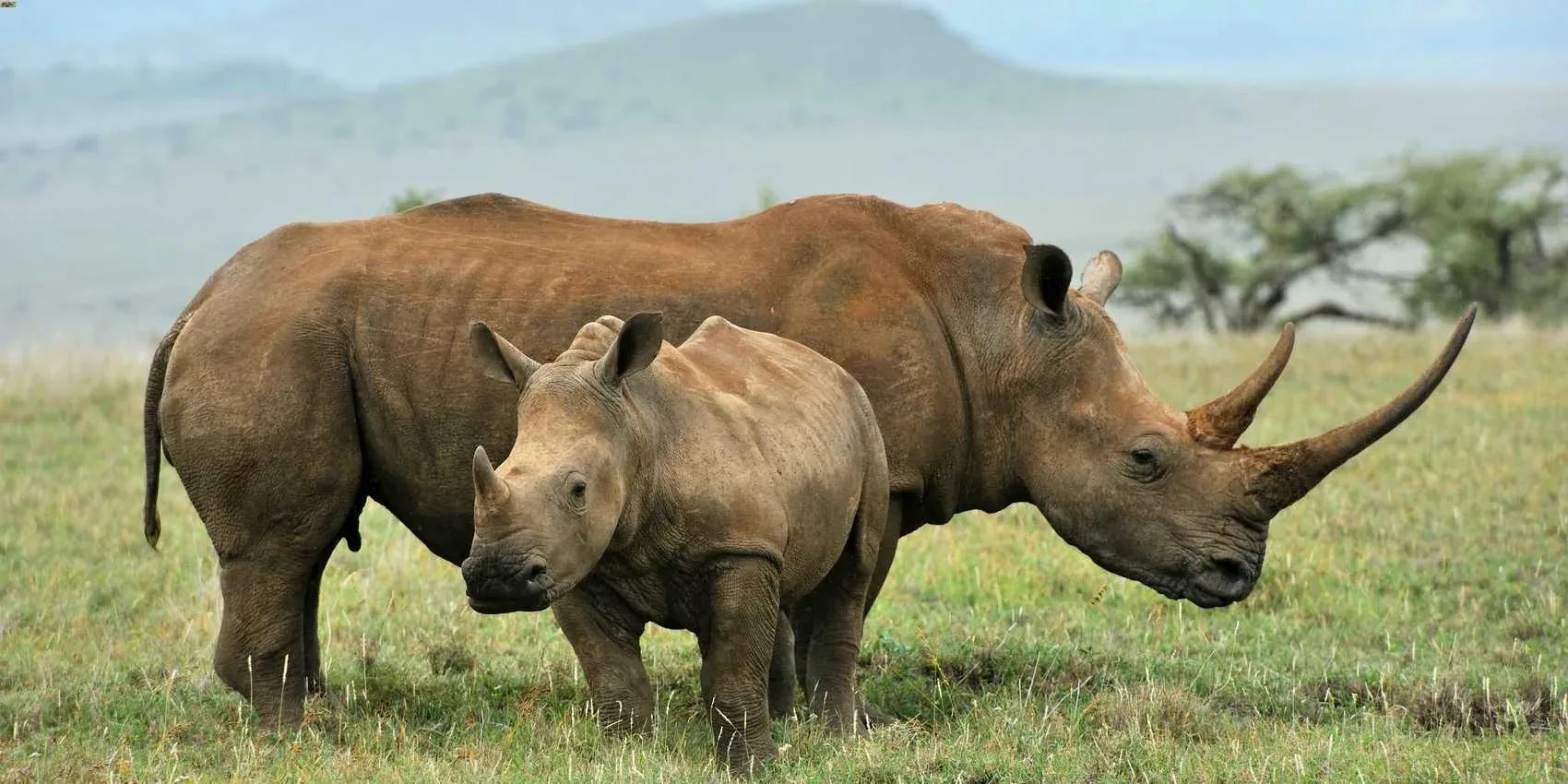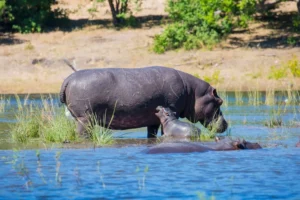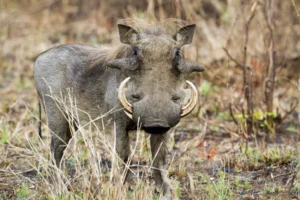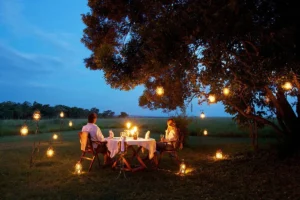Explore sustainable African safari parks committed to wildlife conservation, community engagement, and eco-friendly practices. Discover destinations like Lewa Wildlife Conservancy and Phinda Private Game Reserve, where responsible tourism supports local communities and protects diverse ecosystems for future generations to enjoy.
The African continent is home to a diverse array of wildlife and ecosystems, from the snow-capped peaks of Mt. Kilimanjaro to the vast savannahs of the Serengeti. It’s also home to some of the most sustainable safari parks in the world. While you might think that going on a safari would contribute to pollution, these five parks are working hard to preserve Africa’s natural beauty for future generations. Take a look at what they’re doing right:
Five of the most sustainable African safari parks.
Kruger National Park, South Africa
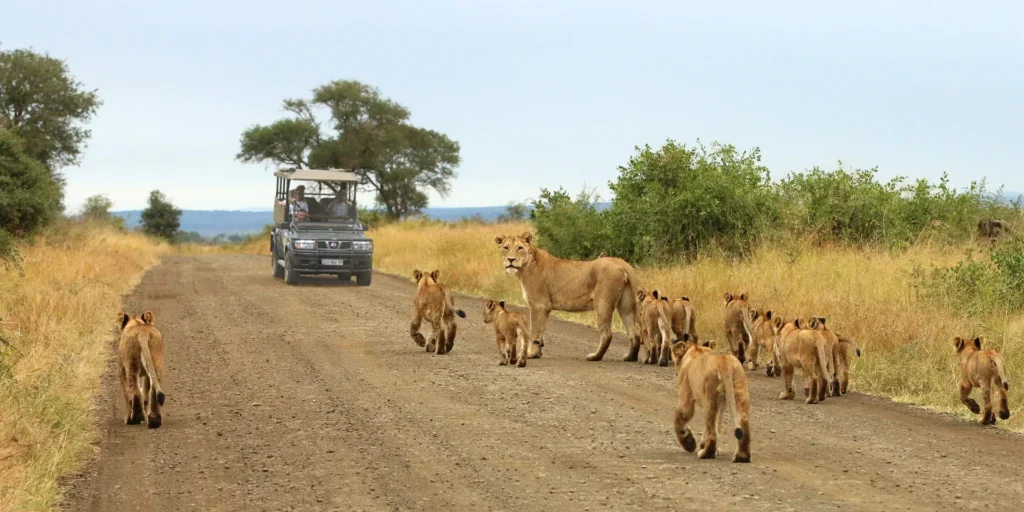
This national park, celebrated for its prolific wildlife population including majestic lions and endangered rhinoceroses, offers a captivating safari experience. In addition to these iconic species, visitors can also encounter graceful giraffes and a diverse array of other animals thriving in their natural habitat.
For those seeking an immersive wildlife experience, the park provides options for overnight stays at designated accommodations within its boundaries. This allows visitors to maximize their time exploring the park’s varied landscapes and observing its fascinating wildlife behaviors up close.
Whether embarking on guided game drives, nature walks, or simply enjoying the tranquility of the African bush, this national park promises an enriching adventure for wildlife enthusiasts and nature lovers alike. Don’t miss the chance to explore this remarkable destination and witness firsthand the beauty and biodiversity that define this renowned African wilderness.
Imire Rhino and Wildlife Conservation Facility, Zimbabwe

Imire Rhino and Wildlife Conservation Facility is a 4,000-hectare private game reserve located on the southern edge of Zimbabwe’s Great Dyke, one of Africa’s oldest geological formations. The park is home to more than 100 animals, including black rhinos, white rhinos, and African elephants—all of which are part of the Imire’s breeding program.
The facility also hosts a wide range of other species, such as giraffes and zebra, rescued from poaching rings in neighboring countries. As a responsible tourism initiative aimed at protecting these animals while preserving local ecosystems within Zimbabwean communities, Imire has established itself as one of Africa’s most popular conservation destinations for travelers interested in seeing big game without harming their habitat or contributing directly to poaching operations at large.
Lewa Wildlife Conservancy, Kenya

Lewa Wildlife Conservancy is a non-profit organization created to protect the endangered black rhino and other wildlife in northern Kenya. With a community-based conservation initiative, Lewa has become Africa’s largest private wildlife conservancy. The late Dr. Richard Leakey established the conservancy with his family, who are still involved in its operation today.
Lewa’s latest addition to their already impressive list of accolades is home to the most northern white rhinos in the world!
Located just north of Mount Kenya on Mount Suswa, Lewa offers more than just breathtaking views – it also provides an excellent opportunity for visitors to engage with local communities through educational tours and interactions with scientists at Lewa Research Institute headquarters.
Pafuri Camp & Wilderness Area, South Africa
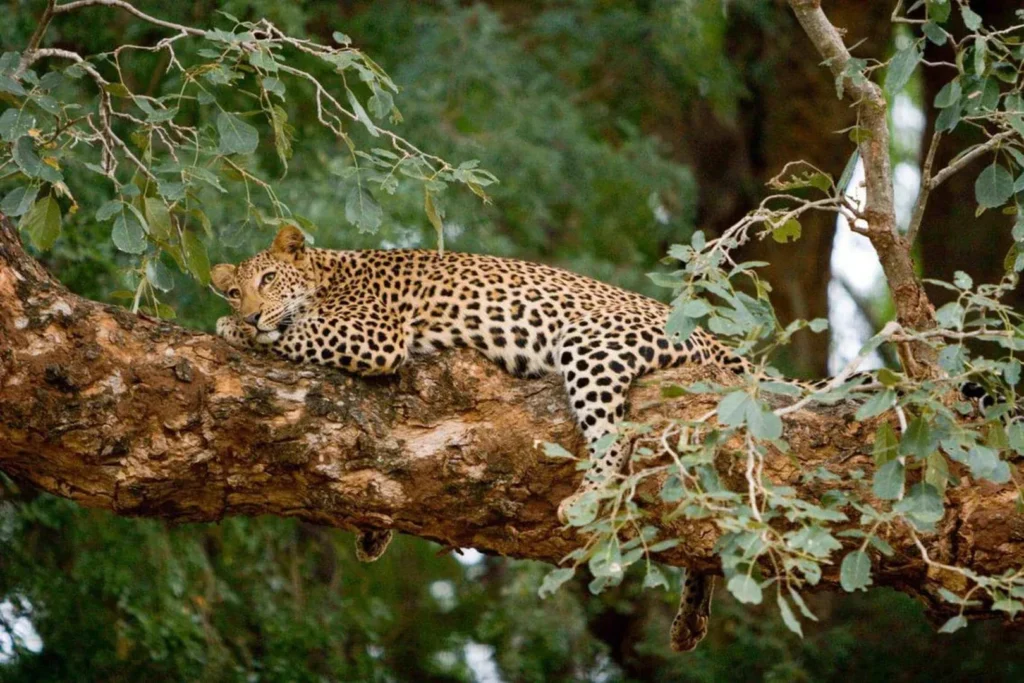
Pafuri Camp & Wilderness Area is a luxury safari park in South Africa’s Kruger National Park. It has an excellent reputation for its sustainability practices and hosts guests seeking a more intimate experience than you’d find at some of the larger camps in the region.
The camp offers guided game drives, walking safaris, birding tours, and mountain biking adventures with your vehicle. You can also hire horseback riding to explore areas beyond the roads or go on an angling trip downriver with a guide.
The highlight of visiting Pafuri is seeing all five big African game animals (lion, leopard, rhino, elephant, and buffalo) in their natural habitat without traveling far from camp!
Phinda Private Game Reserve, South Africa

Phinda Private Game Reserve is a must for an African safari near and dear to your heart. The reserve is a member of the Big Game Parks Association, the Association of Private Nature Reserves, and the African Conservation Foundation. It has also been awarded the South African National Park Service Award for Excellence by SANParks CEO David Mabunda.
To help preserve the environment, choose a sustainable safari park for your next vacation. By supporting parks committed to protecting wildlife and their natural habitat, you are helping ensure that there will be places where you can see animals in their native habitat for generations to come.
Conclusion
In conclusion, sustainable African safari parks exemplify a harmonious balance between wildlife conservation, community empowerment, and responsible tourism practices. These parks, such as Lewa Wildlife Conservancy and Phinda Private Game Reserve, not only protect diverse ecosystems and endangered species but also contribute to local livelihoods and promote environmental stewardship. By visiting these destinations, travelers support initiatives that ensure the long-term sustainability of Africa’s natural heritage, offering a meaningful and enriching safari experience that benefits both wildlife and local communities for generations to come.

